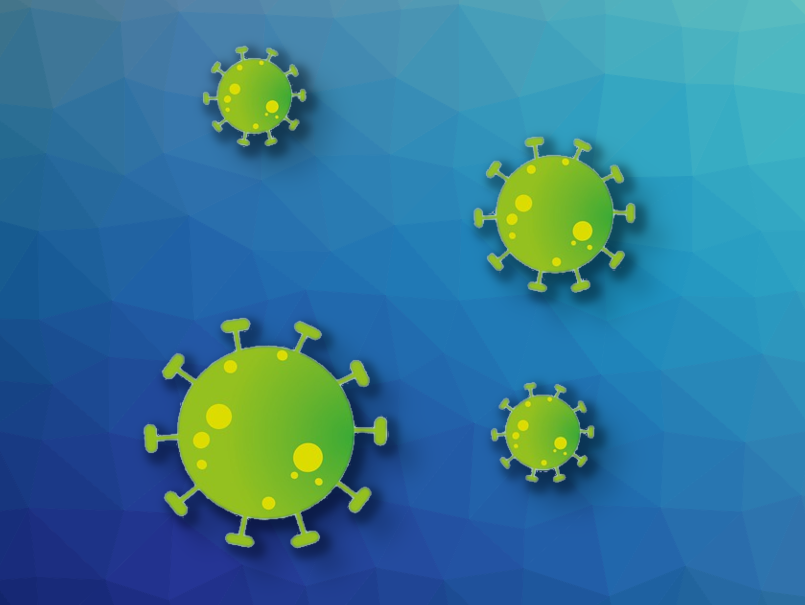The SARS-CoV-2 virus continues to spread, so new vaccines that are easy to administer, e.g., by nose or mouth, and that can be stored in a regular refrigerator would be useful. One approach is the use of attenuated (i.e., weakened) viruses, but there might be a risk that such viruses could revert to causing disease.
Thomas Klimkait, University of Basel, Switzerland, and colleagues have designed “single-cycle” SARS-CoV2 viruses (SCVs) that cannot replicate, but induce effective immune protection. The team removed an essential gene from the viral genome that is needed to produce the viral envelope. Thus, no new virus particles can be formed when the modified viruses are used as a vaccine. However, the SCVs can still infect a cell once and cause it to produce other components of the virus, which can then be recognized by the immune system. To improve the effectiveness of the vaccine, the researchers also deleted immune-downregulating genes that affect anti-viral defenses.
To produce the modified, “single-cycle” virus particles, the team used a special “producer” cell line and incorporated the missing gene for the envelope production into these cells. If the cells are infected by the modified virus, they can substitute the missing building block, and complete virus particles can be produced. The genes in the “producer” cells remain separate from the modified genes of the SCVs.
The researchers tested the vaccine in hamsters (administered via the nose) and found that the vaccine was well-tolerated. The virus RNA disappeared rapidly, confirming the single-cycle nature, and the vaccine provided sterilizing immunity, i.e., prevented transmission. According to the team, SCVs have the potential to induce broad protection against COVID-19.
- Single-cycle SARS-CoV-2 vaccine elicits high protection and sterilizing immunity in hamsters,
Martin Joseph Lett, Fabian Otte, David Hauser, Jacob Schön, Enja Tatjana Kipfer, Donata Hoffmann, Nico J. Halwe, Lorenz Ulrich, Yuepeng Zhang, Vladimir Cmiljanovic, Claudia Wylezich, Lorena Urda, Christopher Lang, Martin Beer, Christian Mittelholzer, Thomas Klimkait,
bioRxiv 2023.
https://doi.org/0.1101/2023.05.17.541127This research has been published as a preprint and has not yet been peer-reviewed.




